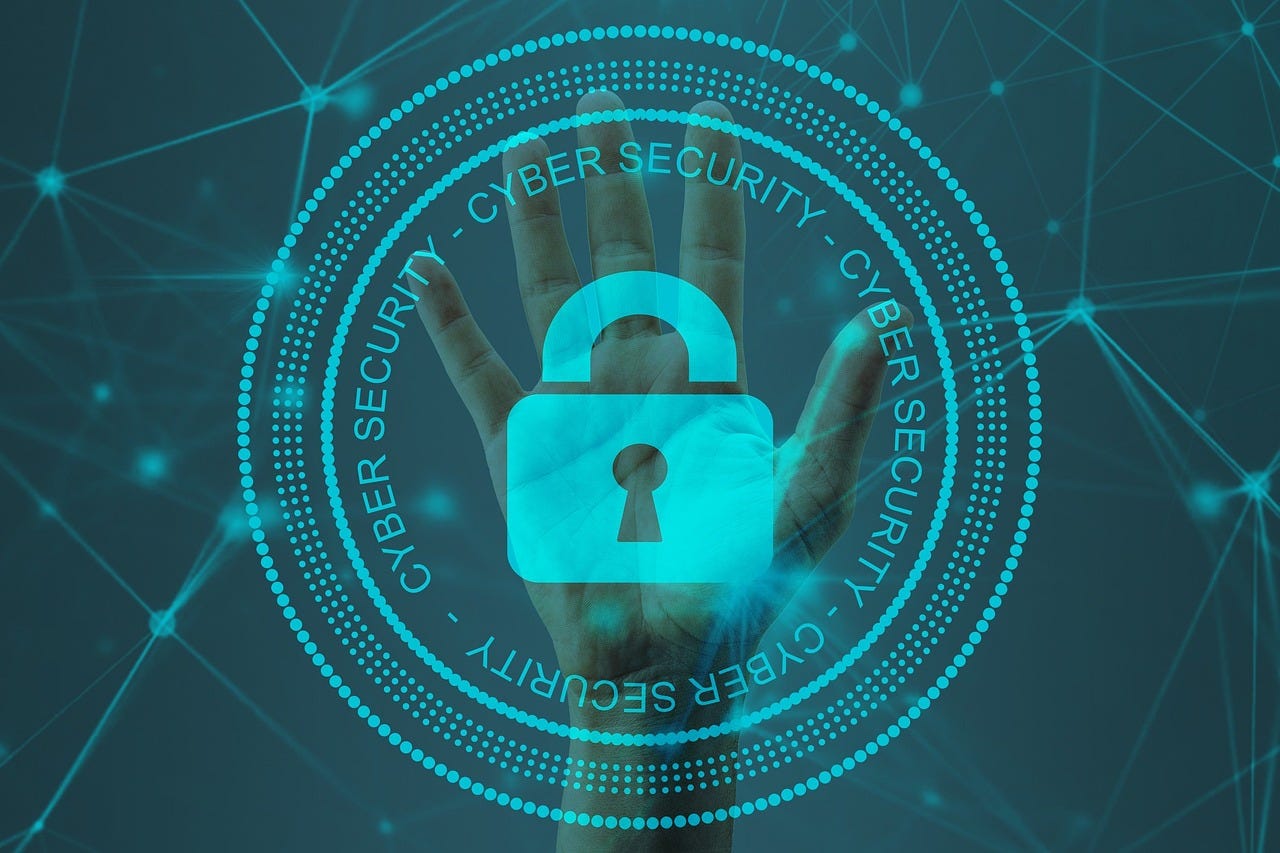
In an increasingly digital world, the importance of creating a secure online environment cannot be overstated. With e-commerce businesses popping up daily and consumers spending more time online, ensuring that customers feel secure while navigating your website is critical.
A secure shopping experience not only boosts customer confidence but also helps your business thrive. For example, consider how many people like to play online slots at 32Red.
The satisfied customers return to play their favourite slots on this legally permitted iGaming platform, knowing their transactions are safe and secure.
The impact of online security
When customers visit your site, the immediate perception of security can make or break their experience. If consumers feel uncertain about the safety of their personal information or payment details, they are unlikely to complete a purchase.
Therefore, investing in effective security measures should be a top priority for e-commerce site owners.
To emphasise the importance of customer security, here are five compelling reasons why ensuring that customers feel secure on your website is crucial:
- Increased trust: secure websites enhance customer trust. When customers feel safe, they are more likely to engage with your brand
- Higher conversion rates: shoppers are more inclined to make a purchase when they see security seals or trust badges
- Customer retention: secure shopping experiences encourage repeat visits, fostering customer loyalty
- Better reputation: a reputation for having a secure website can differentiate your business from competitors, attracting more customers
- Reduced risk of fraud: a secure site minimises the risk of fraudulent activities that could harm both your customers and your business
Elements of a secure website
To ensure that your customers feel secure on your site, several essential elements should be in place. A website's security involves more than just having an SSL certificate. Here's a quick overview of the critical components you should implement:
- SSL certificates - this technology encrypts data transmitted between the customer and your site. Visible indications, like the https:// prefix and padlock icon, let users know their information is secure
- Privacy policy - a transparent privacy policy outlines how you handle customers' data, fostering trust
- Regular updates - ensure that your website software, plugins, and security protocols are regularly updated to protect against vulnerabilities
- Secure payment gateways - partner with trusted payment processors to offer secure payment options
- User authentication options - implement multi-factor authentication, especially for accounts managing sensitive information
Establishing Customer Trust
Building a secure environment is not merely about technical measures. It's also about establishing trust with your customers.
Engage with them through various channels, such as live chat, email updates, and social media, to address their concerns about data security and privacy.
Communicating your commitment to safety can also resonate with your audience. Being transparent about your cybersecurity measures and asking for feedback is also vital.
Listening to your customers can help you identify any gaps in their perceptions of site safety, allowing you to adjust and enhance your services accordingly.
Final thoughts
At the end of the day, ensuring that customers feel secure on your website is a fundamental aspect of achieving e-commerce success. The relationship you cultivate with your customers is built on trust, and providing a secure online shopping experience is the foundation of that relationship.
You will not only increase customer and brand loyalty with confidence, but also position your business for growth in a highly competitive market simply by prioritising security. Remember to invest in robust security measures today, and watch as your customer base flourishes, securing both your reputation and your bottom line.